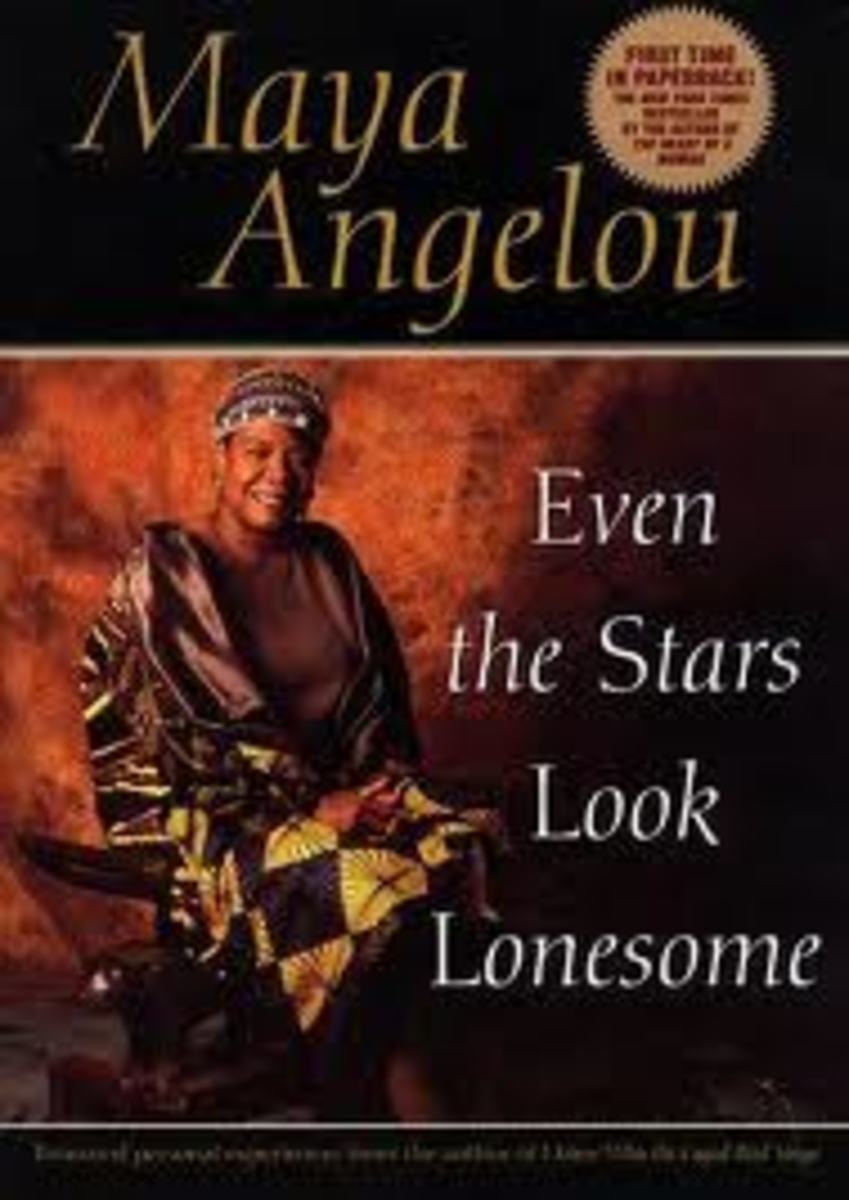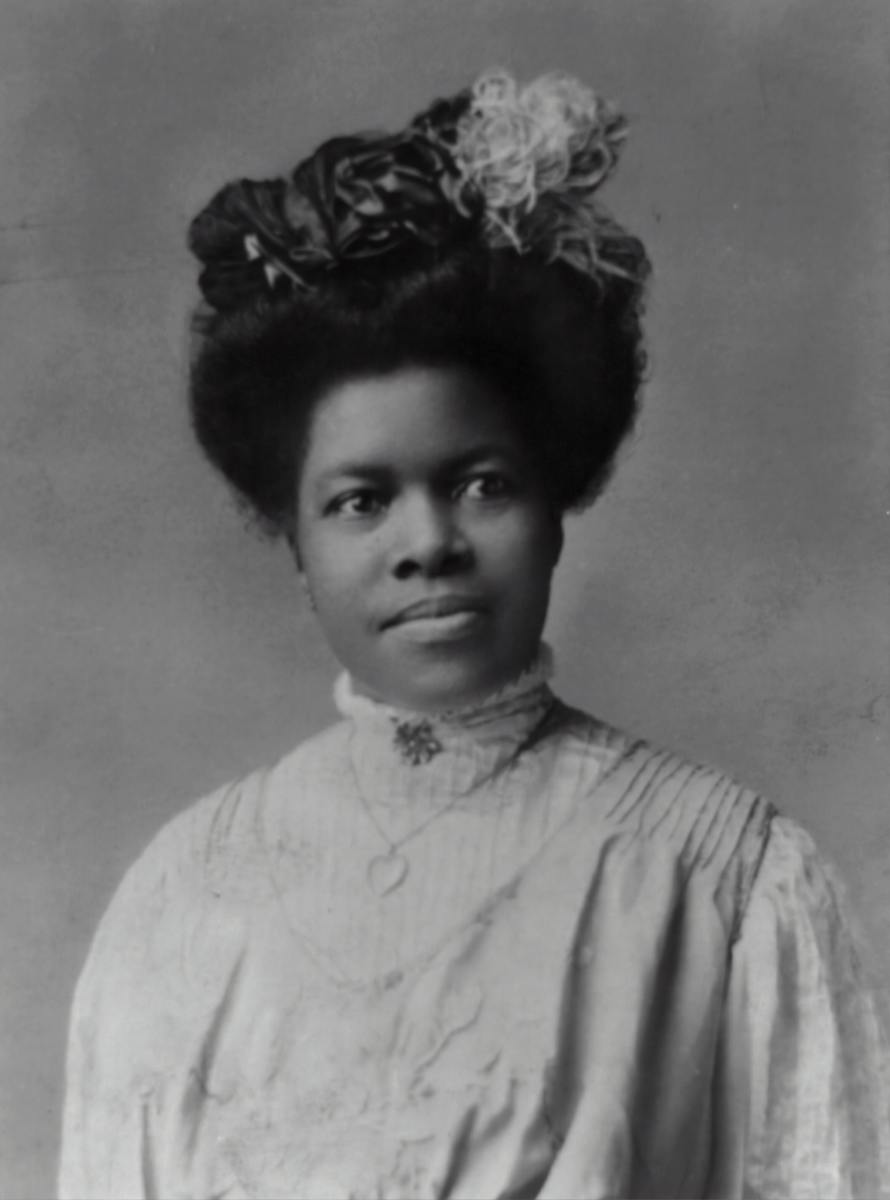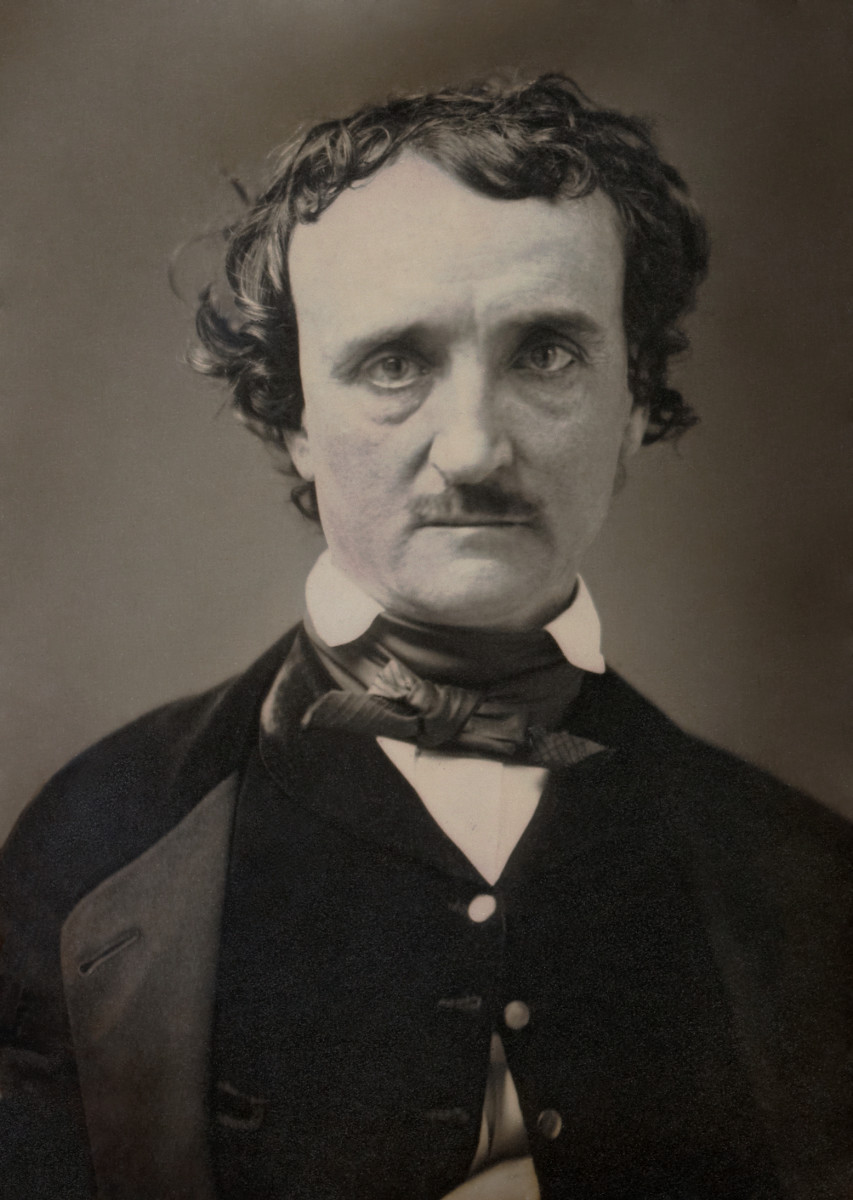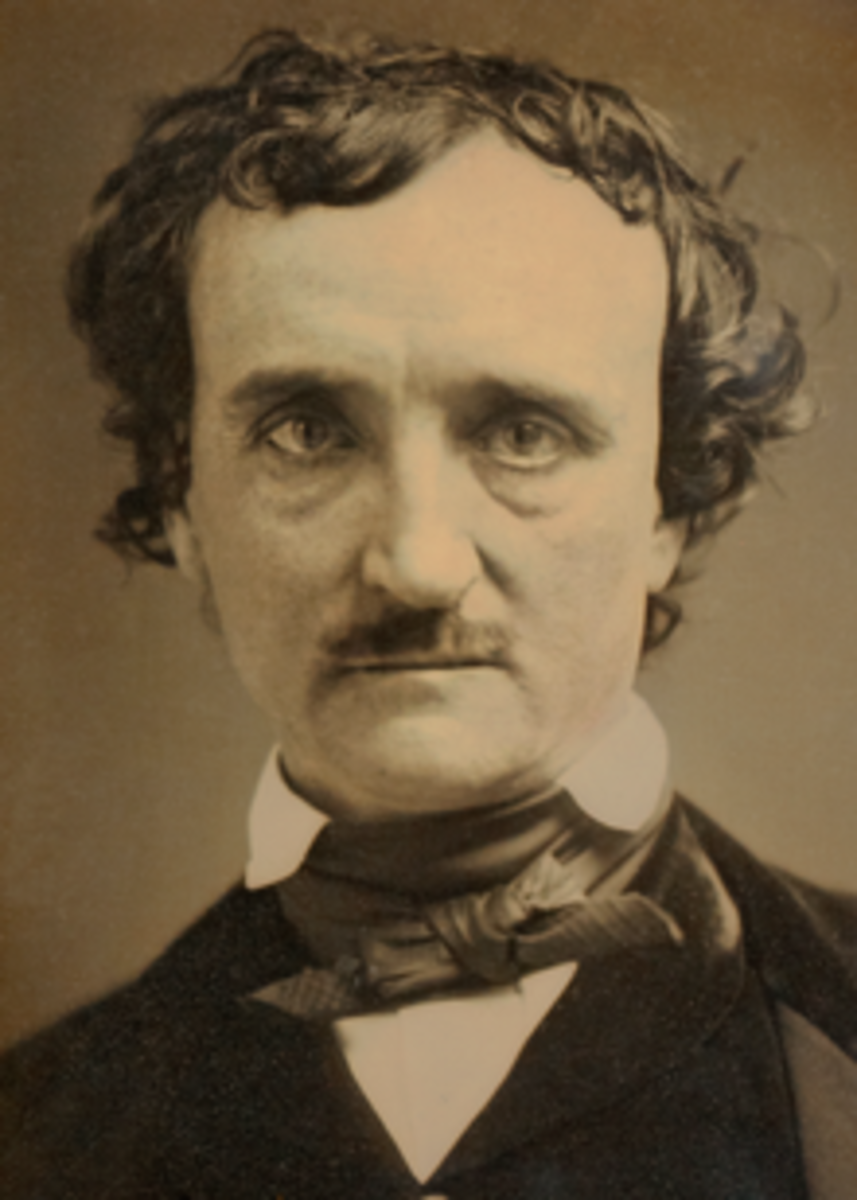Signification in African American Literature

The Poem 'On Imagination' By Phillis Wheatley
- On Imagination by Phillis Wheatley : The Poetry Foundation
Thy various works, imperial queen, we see, / How bright their forms! how deck'd with pomp by thee! / Thy wond'rous acts in beauteous order stand, / And all attest how potent is thine hand.
During slavery African Americans could not openly express themselves, so they opted to gloss over their intended meanings through the act of signification. Signification is implying a meaning by symbols or other signs to convey a message. By using signification people are able to speak their minds, while at the same time maintaining safety through subverting their message.
Signification was used by displaying one message, while another message was hidden beneath the surface. Such spirituals as Go Down, Moses, and God's A-Gonna Trouble the Water appeared as songs of a religious nature, but underneath these spirituals contained a message about slavery and the pursuit of freedom.
As a result the use of signification enabled the slaves to evoke conversation and inspiration, while prodding the majority.
'On Imagination'
An example of signification can be seen in Phillis Wheatley's poem, 'On Imagination,' which tells one story while prodding a deeper issue about the ability of African Americans. On the surface the poem speaks of praising the muses of literature and art, who inspire the writer's imagination. However, within the poem there is a poignant question that is raised: "Imagination! Who can sing thy force?" Or, in other words, who cannot be inspired and create?
Also in this poem is a force labeled "Winter", which discourages the pursuit of imagination of the writer, where "Winter austere forbids me to aspire,/ and northern tempest damp the rising fire." This statement is the main reflection of the writer who feels that "Winter" or the oppressive "white man" forbids the writer to even attempt creating in the realm of literature or art, and does everything to hinder the attempt.
This beautiful, yet simple poem, written about imagination is subversively pointing out the restriction put upon African Americans, and the belief that they could not be creative, since many believed African Americans did not have the ability to imagine, therefore create. However, one could easily dispute this belief by looking at the writer of the poem, Phillis Wheatley, a black woman and slave, educated in the Classics. She had imagination, and created well written poetry.
Phillis Wheatley Facts
- Born around 1753
- Bought by John Wheatley for his wife
- The Wheatley's educated Phillis in the Classics (Greek/Roman/Latin)
- Modeled her poems off of the English poets John Milton and Alexander Pope
- Was the first black poet in America to publish a book
- Was the Mother of African Literary Tradition
- Died in 1784 at the age of 31








